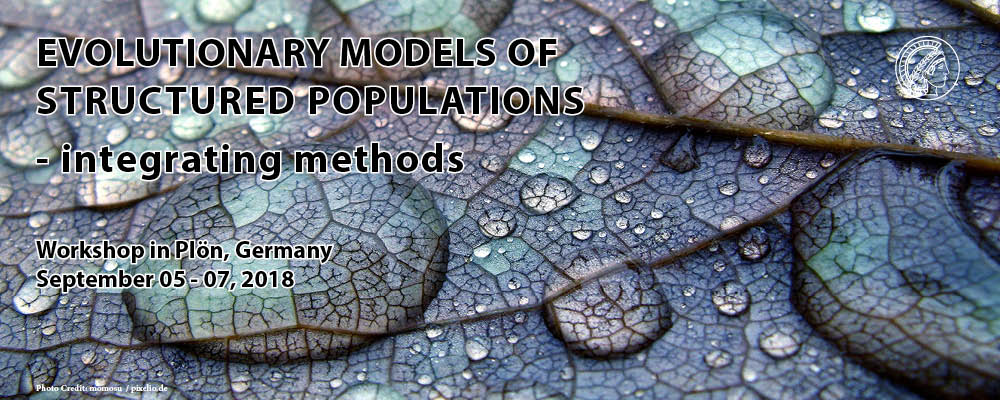Speaker
Description
Environmental cues affect phenotypic traits at the given life stage when they occur, but can also canalise later development down particular paths. The evolutionary consequences of developmental plasticity or canalisation are increasingly clear within species, but we lack fundamental data on these consequences for the macroevolutionary emergence of new species. Empirical evidence of evolutionary divergence among free-living organisms comes from the fossil record, which, while documenting the journey of life over vast tracts of time, does so via an incomplete static snapshot of death. Many organisms with life cycles as diverse as zooplankton, bivalves, trilobites and trees nevertheless contain records of their ontogenetic development that is extractable via modern imaging technology. Drawing data from experiments and developing feature extraction software for x-ray computed tomography, I'll use an integral projection model to motivate studies of how planktonic foraminiferal growth evolved in deep time. Empirical results show how somatic growth in individuals can evolve even when adult size remains constant, while the IPM predicts that greater lability during ontogeny will increase population mean fitness. The constraints imposed by logarithmic growth spirals hinderas selection leading to ever more variable developmental trajectories, but must at some point become relaxed to allow the emergence of new morphological forms. I'd welcome the opportunity at the workshop to explore alternative modelling treatments for use with large data sets to contextualise empirical evidence of how variation among individuals generates variation among species.

